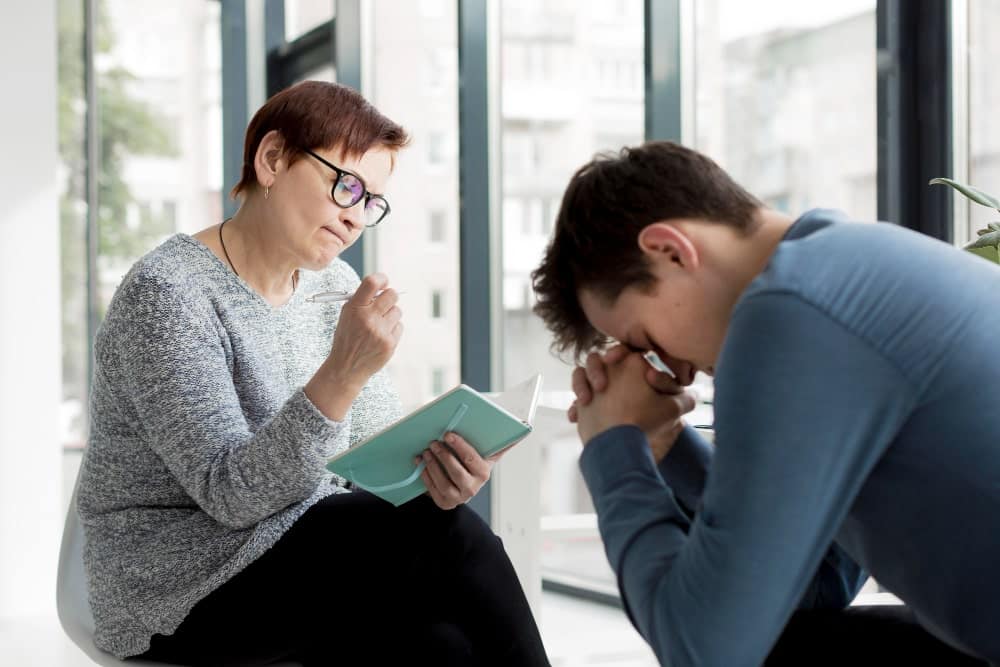Self-esteem is the positive or negative evaluations of the self, as in how we feel about it. It is an attractive psychological construct because it predicts specific outcomes, such as academic achievement, happiness, life satisfaction, marriage, relationships, and unusual behavior. People with a healthy level of self-esteem can work towards finding solutions and voicing their uneasiness without hurting themselves or others when challenges arise. They can act according to what they think is the best choice, trusting their judgment and not feeling guilty when others do not like their options.
Low self-esteem can result from various factors, including genetic factors, physical appearance, mental health, socio-economic status, emotional experiences, social stigmas, peer pressure, or bullying. On the other hand, a person with low self-esteem may show heavy self-criticism, dissatisfaction, negative feelings, relationship problems, fear of trying, perfectionism, fear of judgment, low resilience, lack of self-care, and self-harming behavior. Individuals with low self-esteem also tend to be critical of themselves. When you have healthy and positive self-esteem, you feel good about yourself and see yourself as deserving respect from others and yourself. However, people with low self-esteem don’t respect their opinions and ideas.
People with low self-esteem are highly critical of themselves and avoid new things. Low self-esteem is also always accompanied by a high amount of ego. Such people feel unloved and unwanted. They also blame others for their mistakes and cannot deal with normal frustration levels. Negative self-talk, comparison to others, and difficulty making friends are signs of low self-esteem. Such people assume that luck plays a significant role in all their achievements, and they don’t take credit for them. They also find it hard to believe when others compliment them.
Common causes of lowered self-esteem include unhappy childhood, poor academic performance in school, or ongoing stressful life events. Such people are more likely to have been in an abusive relationship or have an ongoing medical problem or mental illness.
There are several ways to improve one’s self-esteem. It could include accepting one’s thoughts, valuing one’s achievements, and talking positively with oneself. Acknowledging the positives in life and appreciating one’s unique qualities can also help raise low self-esteem.
One should forget the past, tell a positive message daily, and focus on the present. Being assertive and not comparing oneself to others will also pose a great way to build lasting self-esteem. Physical exercise is good for health and influences how we look at ourselves. Walking at least 30 minutes a day or swimming are some simple ways to set us on the right path. Last but not least is our relationships with others. Spending time with people who make a person happy and not wasting time on people who don’t treat one well improves our self-esteem.
Self-esteem is the positive or negative evaluations of the self, as in how we feel about it. It is an attractive psychological construct because it predicts specific outcomes, such as academic achievement, happiness, life satisfaction, marriage, relationships, and unusual behavior. People with a healthy level of self-esteem can work towards finding solutions and voicing their uneasiness without hurting themselves or others when challenges arise. They can act according to what they think is the best choice, trusting their judgment and not feeling guilty when others do not like their options.
As a mental health professional, Dr. Nisha Khanna provides online, telephonic, and face-to-face counseling services. If you live in Delhi, India, or any other part of the World, you can approach us through any of these mediums. For further details, visit Bye Tense or call us at +91-9818211474




Follow Us